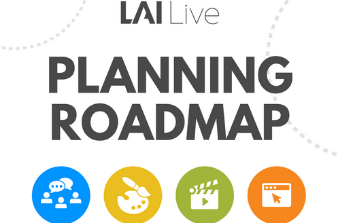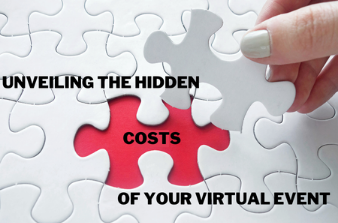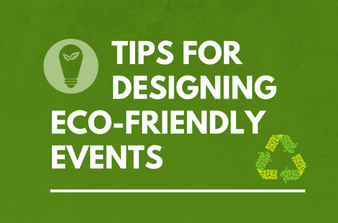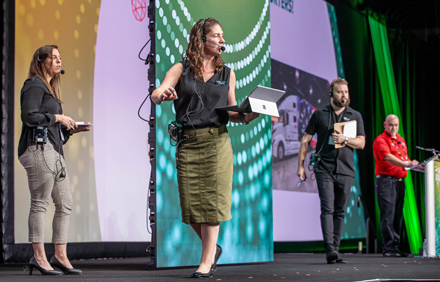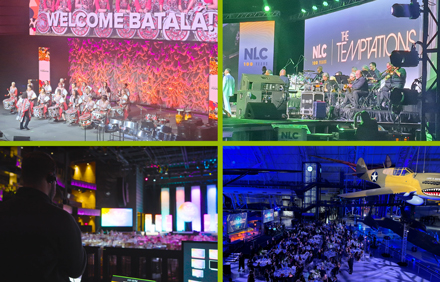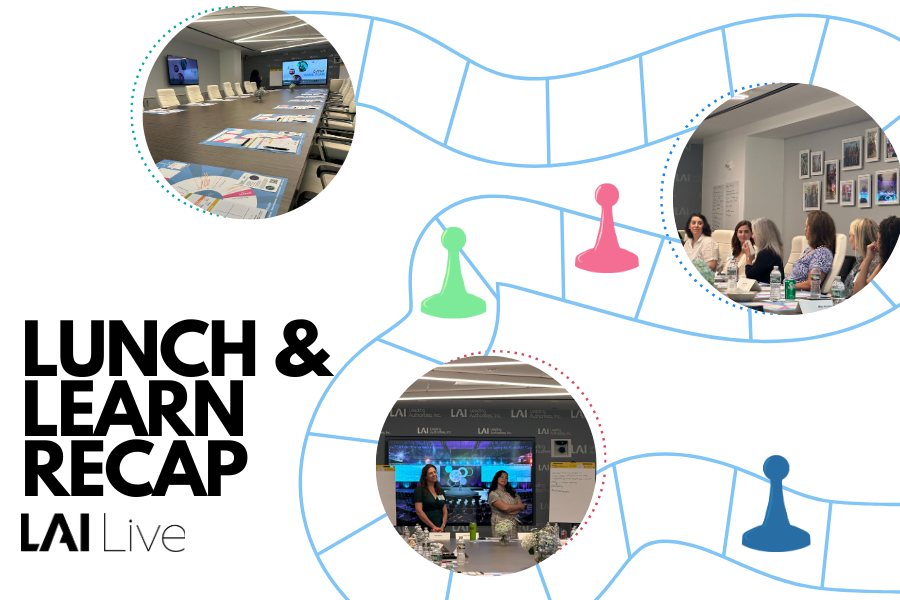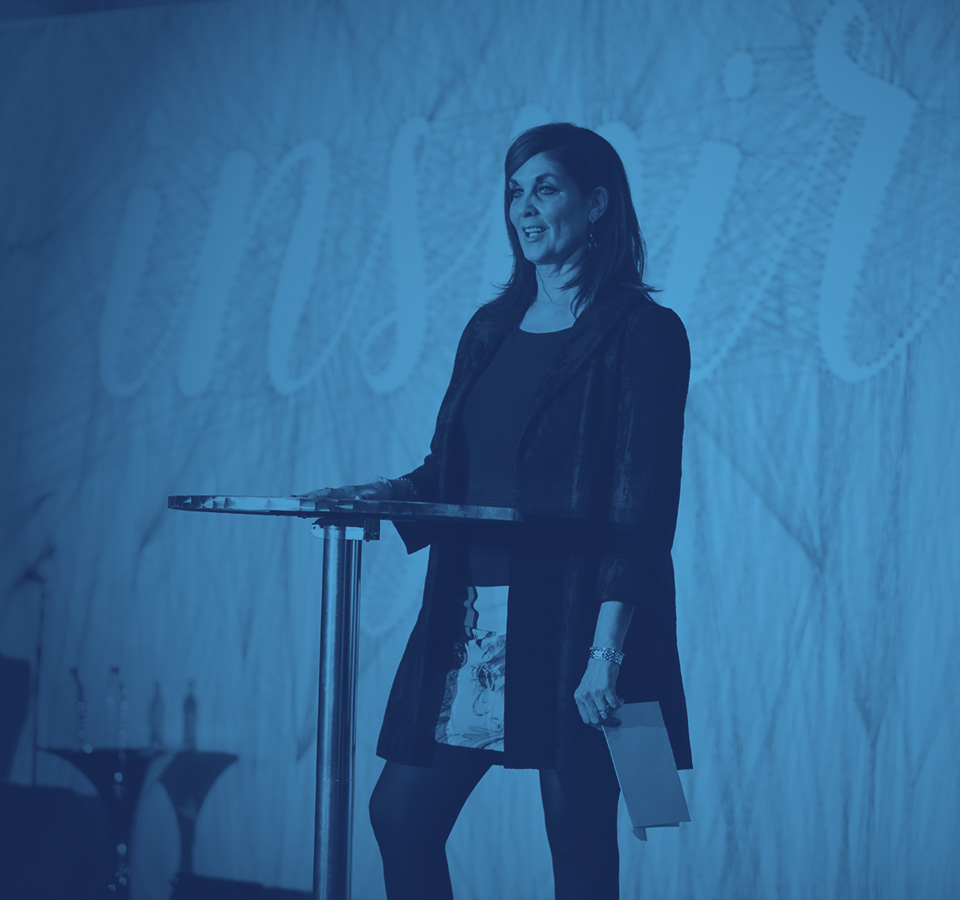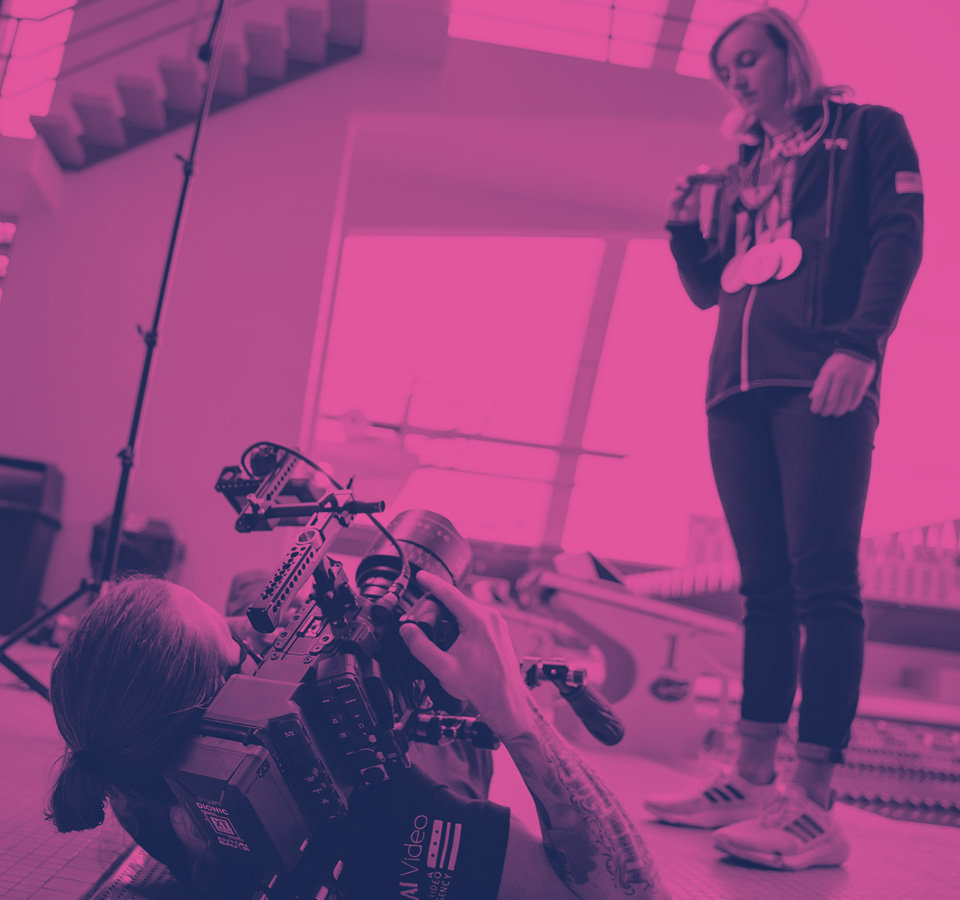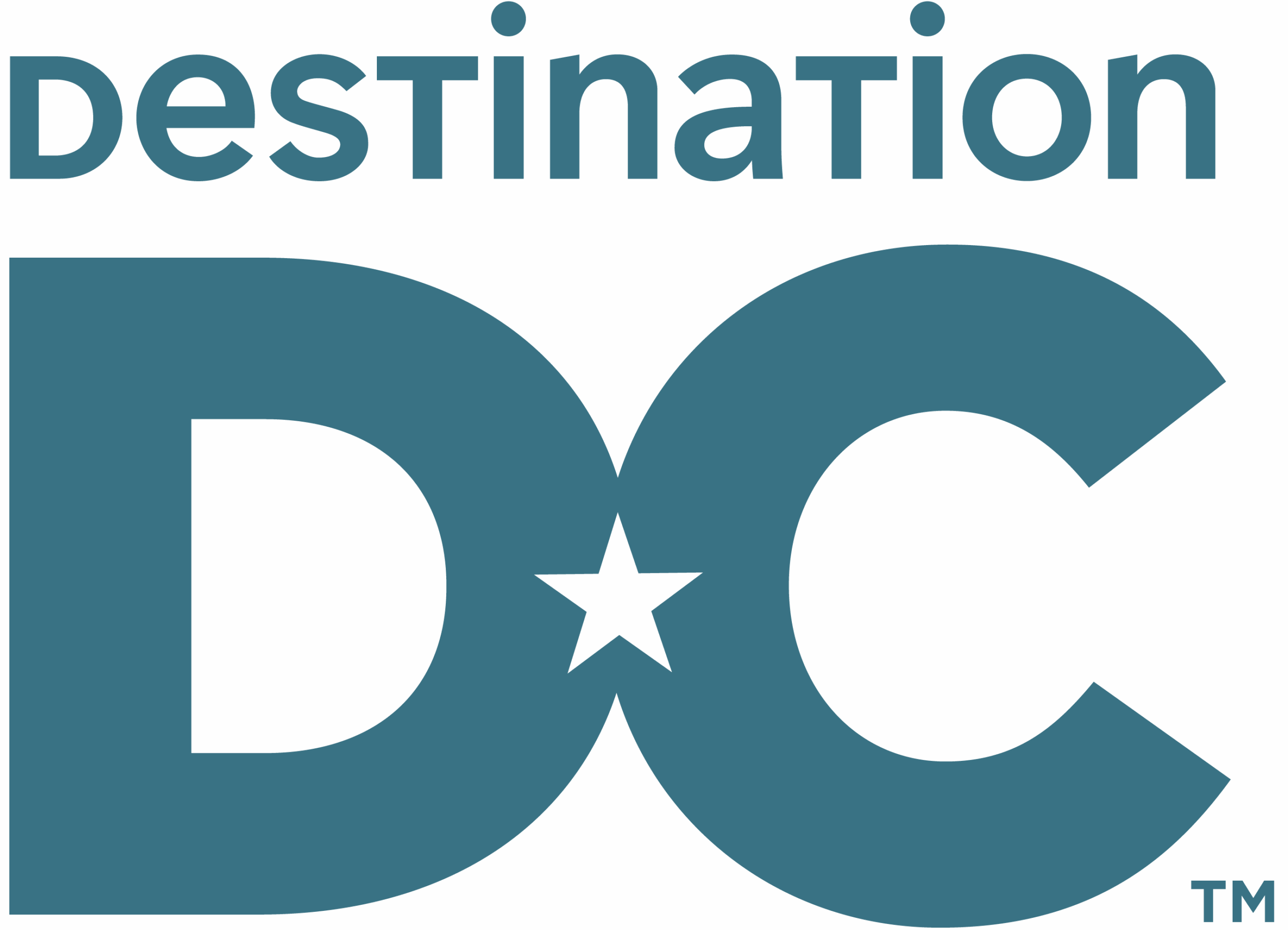When planning a fully virtual event or a virtual element to a hybrid event, your event budget is always going to be the determining factor for whether or not you include that extra add-on or feature. However, before you decide that a platform is all that you need for your virtual event, take a look at some of the other things you may want to consider adding for a seamless experience for your audience.
Elements such as livestream programming, pre-recorded content, and virtual event graphics are all aspects that can work together to elevate your production and create that unique experience that all meeting organizers are looking to create for their attendees.
So what exactly is the difference between a virtual event platform and virtual event production? And what are the benefits to investing in a full production versus just a platform? Keep reading to find out!
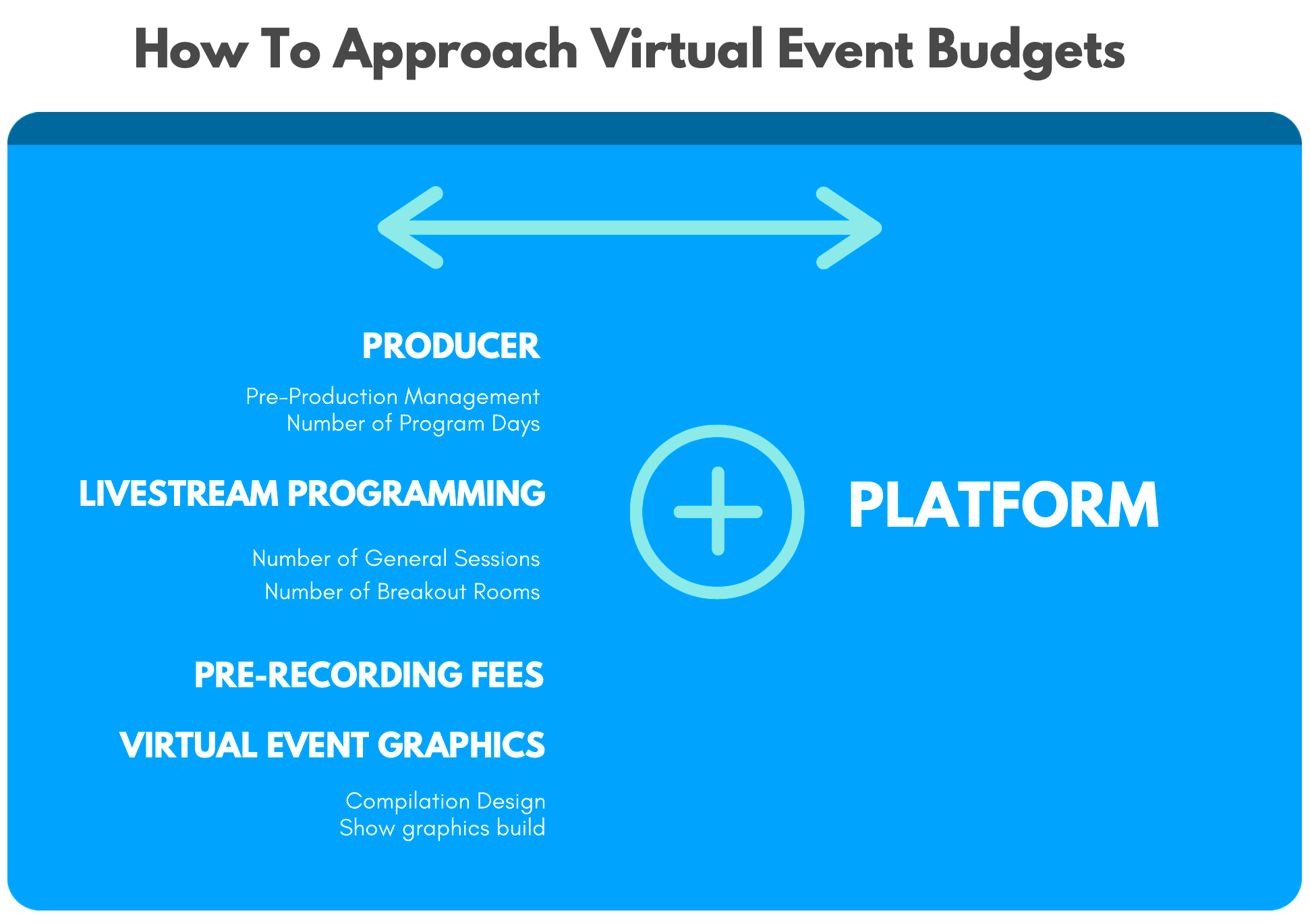
Virtual Event Platform
An event platform is exactly as it sounds – a 2 or 3D lobby landing page where you can host your virtual event. Platforms can often include virtual exhibit halls, a way to create an expo experience through the screen, but capabilities and interaction levels can vary depending on the platform’s functionality.
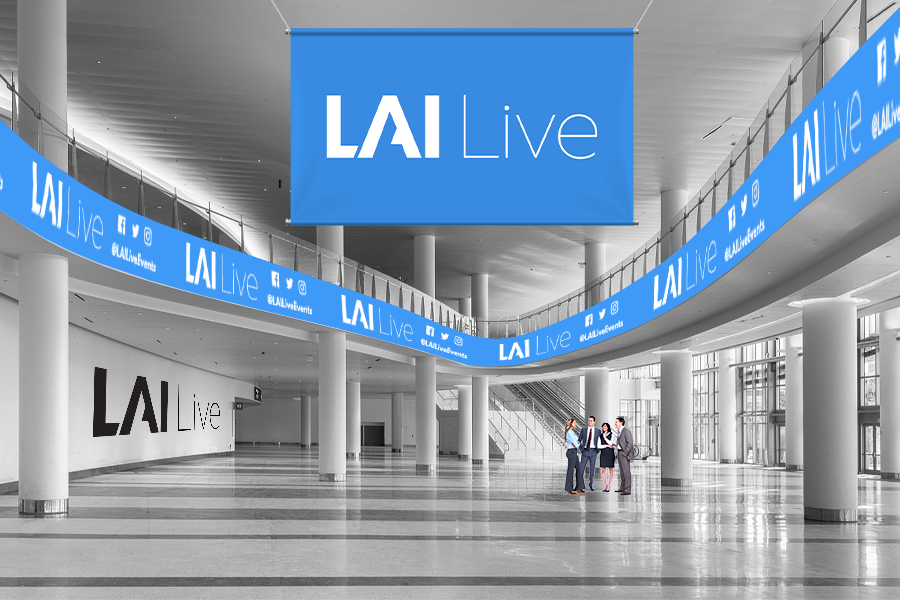
Some platforms also have the ability to host multiple pre-recorded sessions and allow for virtual interaction through video chat, in-session Q&As, and polling. And the user often can upload documents, assets, videos, and slides, and include hyperlinks to additional resources. Depending on the technology, there can be many different sponsor and brand opportunities and on-demand capabilities – but these likely need to be conceptualized and built out by the meeting organizer.
Post-event, detailed data analytics are usually available so you can analyze how your event went. The level of analytics vary by platform, and is an important factor to research before committing to a singular technology to make sure you’re getting the data you need. Additional features of some platforms include a scheduled display for easy-to-find sessions, personalized attendee scheduling, mobile capability, back-end accessibility for the client, and integration with sales and marketing investments.
With a seemingly endless variety of platform options out there, it can be overwhelming to select the best fit for your needs. Read more about the factors to consider when selecting a virtual event platform.
Virtual Event Production
Production, on the other hand, allows an event organizer to what they do best – manage the big picture, plan the meeting, deliver the high-touch personal interaction between their stakeholders, and make the decisions that enhance their overall event goals.
With production, the virtual meeting producer can help conceptualize and develop the look and tone of the event, and then develop and integrate graphics into the program feed, such as intro slides, countdowns, and lower-thirds. Learn more about ways to incorporate graphics into your virtual event.
A virtual event producer will build and manage production timelines and the project team, develop run of show and cue sheets, as well as maintain updates for scripts and content relating to main session programming. Additionally, a streaming program, engagement, and other virtual ideas can also be developed for maximum effectiveness of your virtual event.
Speakers and talent coordination will be initiated with rehearsals and pre-recording, and the event producer will regularly schedule full-team meetings so that your vision as an event planner, is being properly conveyed by the production team. An event producer will also be there to provide ideas for sponsor engagement and special events to make the most out of your virtual meeting.
On the day of your event, a team will be provided for production during program days, and AV and stream logistics will be coordinated and managed with a full technical crew – all to deliver branded, broadcast-level programming. Broadcast-level production combines multiple feeds and a library of assets (graphics, videos, scrolls, etc.) to create a layered viewing experience that is more engaging to the viewer – similar to what they are accustomed seeing in news and entertainment settings.
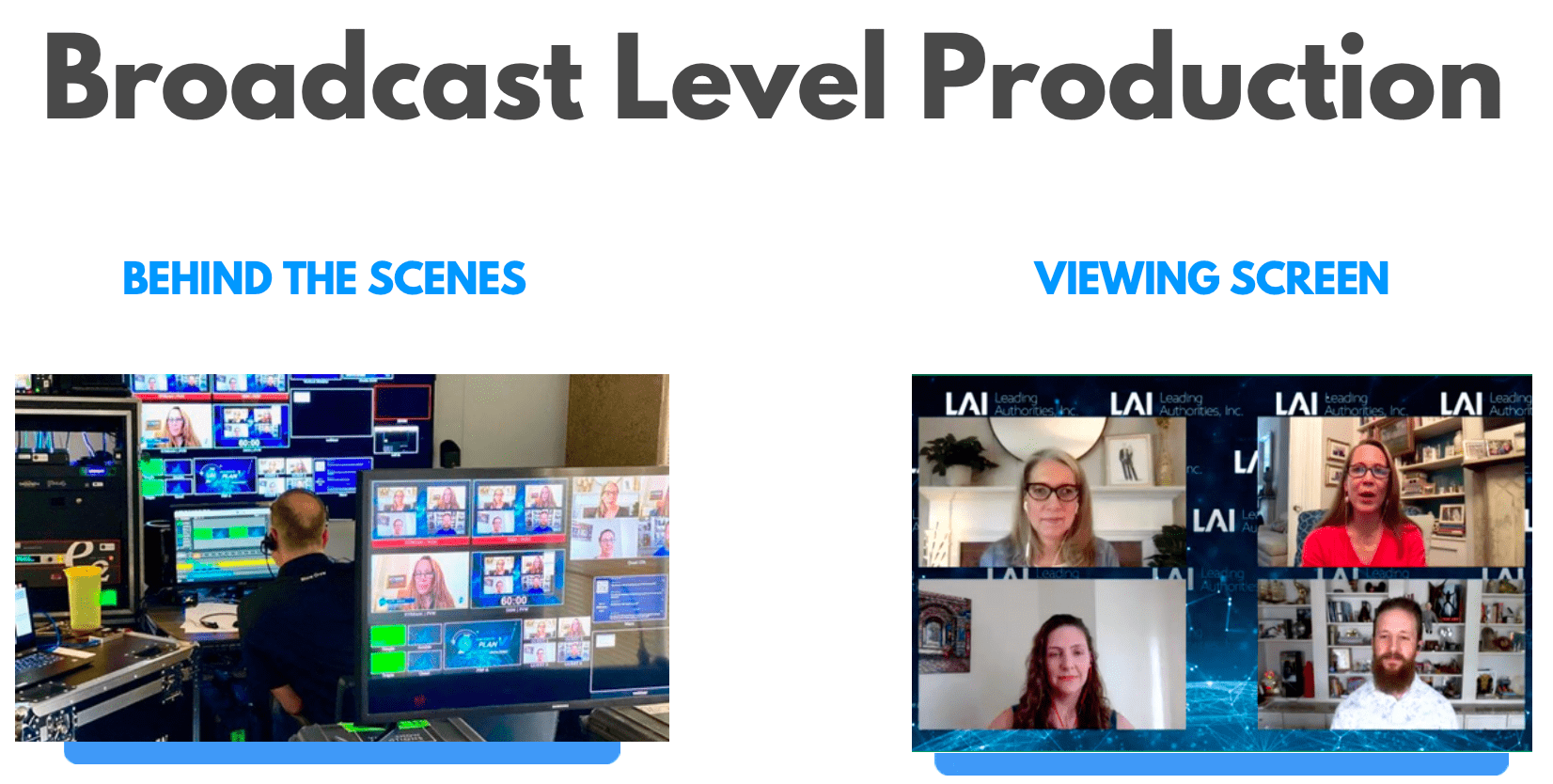
Finally, one of the biggest assets that a producer brings to your event is their breadth of virtual event knowledge and experience. They are there as your guide from start to finish – providing recommendations for more elegant solutions, creating back-up plans, and trouble shooting on the fly. Their seasoned virtual event experience combined with their problem-solving ability takes the anxiety out of executing an online meeting and gives meeting organizers piece of mind when taking on the new virtual world.
Overall, a virtual event producer is there to ensure your event runs smoothly, the content is polished, and your audience is wowed with a high-quality and seamless delivery. After you work with a seasoned producer, you will understand why you won’t want to work without one in the future.
Ready to Talk Virtual Event Production?
We are ready to listen, brainstorm, and execute for you and your organization! Reach out to our team today to start talking all things virtual event production.

